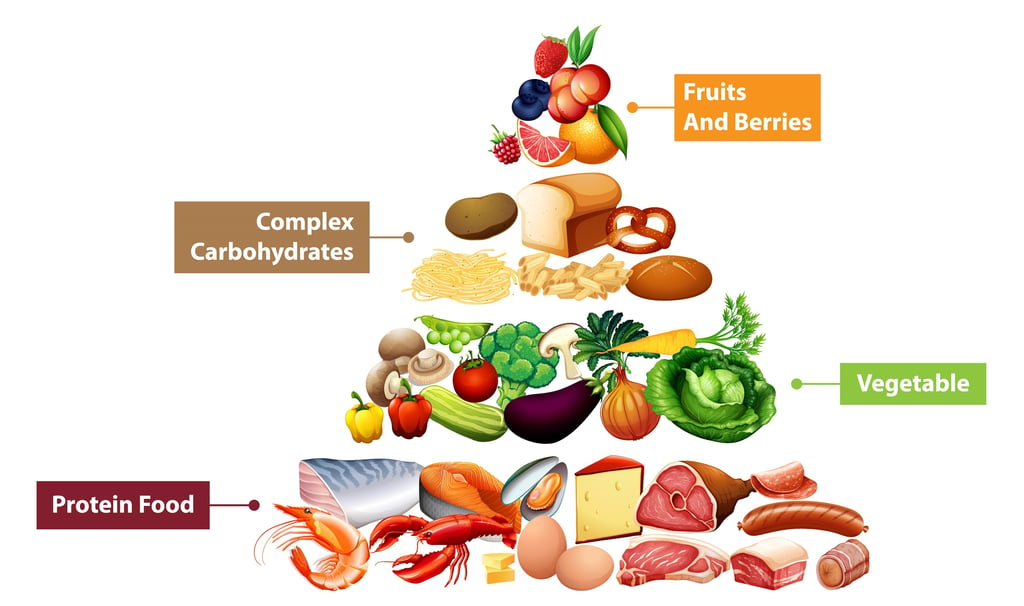How to address the problem of Nutritional Deficiency for people of all age groups?
Tackling the Hidden Hunger of Nutritional Deficiency


Nutrition is the foundation of human health and development. A balanced diet containing sufficient macro and micronutrients is essential to support the various functions of the body from early childhood through old age. However, according to the National Nutrition Monitoring Bureau, over 80% of Indians suffer from hidden hunger due to deficiencies in key vitamins and minerals.
This silent epidemic of malnutrition affects people across all age groups. Children are at high risk of stunted growth and impaired cognitive abilities. Teenagers and young adults experience lethargy, frequent illness and reduced immunity. Deficiencies in later life can accelerate age-related decline. The economic and social costs of this largely preventable crisis are enormous.
Addressing nutritional gaps requires a multi-pronged approach tailored to different life stages:
Children (0-5 years):
This is a critical window for growth and development. Initiatives like ICDS and mid-day meals aim to provide balanced diets to children from disadvantaged sections. However, coverage remains patchy. At home, parents must ensure breastfeeding till 6 months followed by home-cooked meals with proteins, vitamins and minerals. Nutritious snacks like sprouted dalia and fruits can be introduced from 6 months onwards.
School-going children (6-18 years):
Peer pressure and junk food marketing often undermine healthy habits. Schools must enforce strict guidelines on snacks allowed. Nutrition education programs can teach kids to read labels and choose balanced packaged foods. Parents should replace sugary drinks with milk, buttermilk and fresh juices. Regularly cooked meals with lentils, eggs, green leafy veggies and fish/chicken can meet nutrient needs.
Young adults (18-30 years):
On-the-go lifestyles fuel reliance on fast foods lacking in nutrients. Preparing simple meals with whole grains, lentils, eggs, nuts and seasonal fruits is important. Calcium and Vitamin D supplements may be needed if dietary sources are inadequate. Health apps can help track micros and plan balanced diets. Peer support groups on social media encourage sharing nutrient-dense recipes.
Adults (30-60 years):
Work pressures take a toll on self-care. Meal replacement shakes/powders containing protein, vitamins and minerals provide convenience without compromising nutrition. Frozen vegetables can be stir-fried quickly. Multigrain breads and brown rice offer fiber and other micros. Regular health checkups are essential to identify and address deficiencies.
Elderly (above 60 years):
Digestion and absorption challenges emerge. Soft, easily chewable foods prepared with clarified butter provide needed calories. Bone broths made from chicken/fish are rich in collagen and minerals. Herbal teas soothe the gut. Home delivery of nutritious meals ensures intake. Supplements as prescribed by doctors address specific gaps.
By addressing nutritional deficiencies across all age groups, we can build a healthier, more productive population and society. Small changes in our daily diets and lifestyles can go a long way in realizing this vision.
